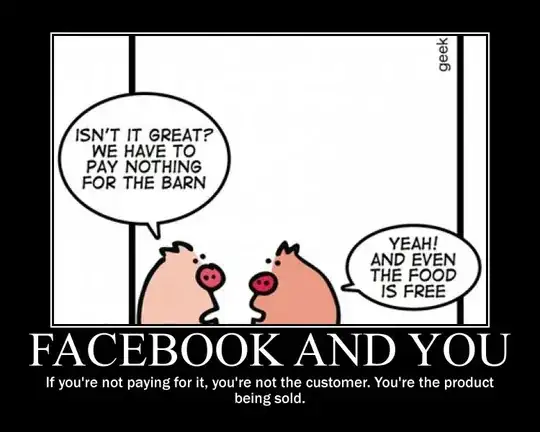Is Facebook allowed to sell information about their users to other companies?
For example selling name, address and IP information on a specific geographic location could be very valuable information for competitive ISP's trying to win customers from each other.
According to Facebook's privacy help page it sais:
While you are allowing us to use the information we receive about you, you always own all of your information. Your trust is important to us, which is why we don't share information we receive about you with others unless we have:
- received your permission;
- given you notice, such as by telling you about it in this policy; or
- removed your name or any other personally identifying information from it.
By registering at Facebook, have I already given my permission?
